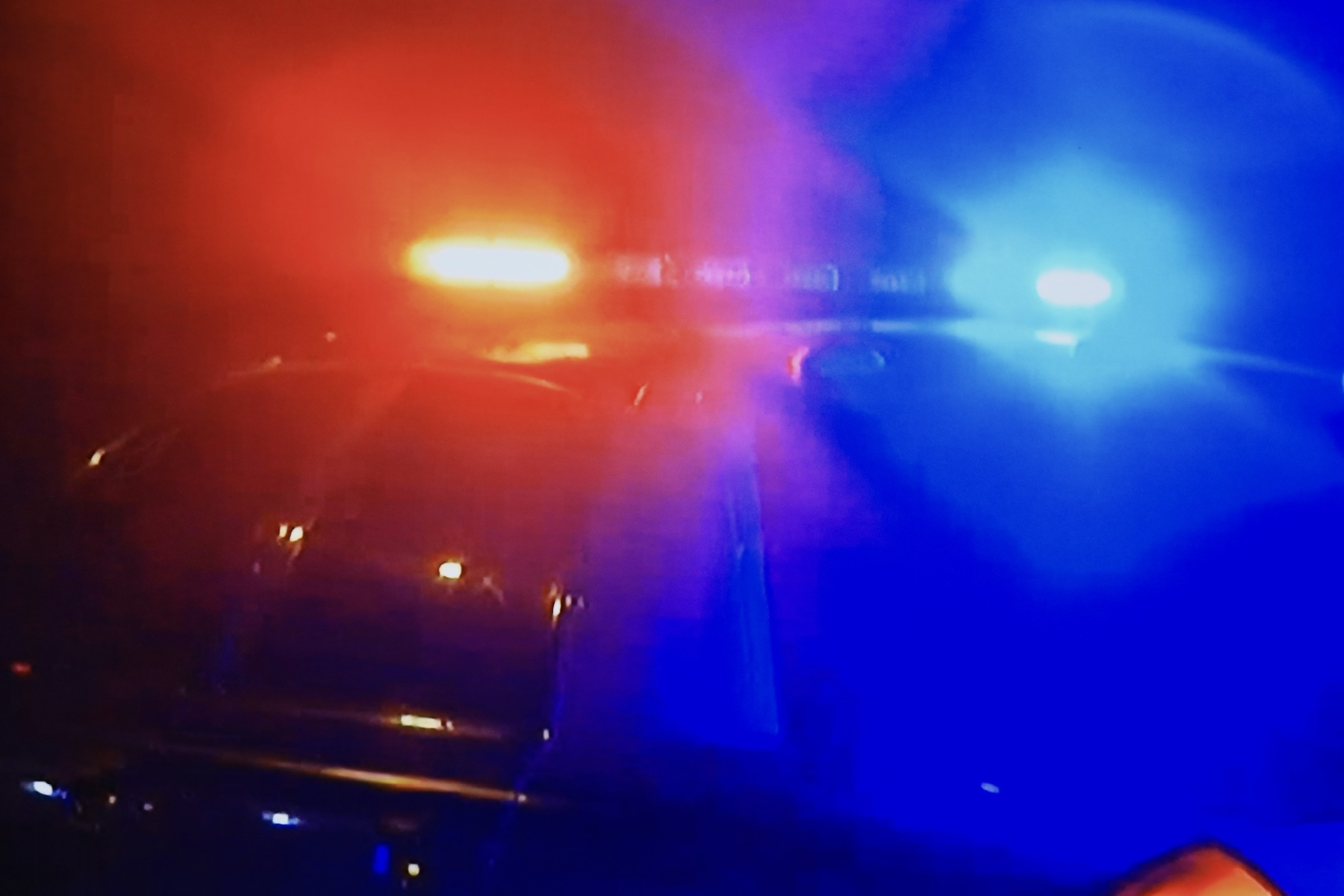Coincidence or not, today the numbers are equally stark. Washington was listed 138th when the Census Bureau published a list of the 1,000 most common American surnames from the 2000 survey, along with ethnic data. The project was not repeated in 2010.
Ninety percent of those Washingtons, numbering 146,520, were black. Only five percent, or 8,813, were white. Three percent were two or more races, 1 percent were Hispanic, and 1 percent were Asian or Pacific Islander.
Jefferson was the second-blackest name, at 75 percent African-American. There were only 16,070 Lincolns, and that number was only 14 percent black.
Jackson was 53 percent black. Williams was the 16th-blackest name, at 46 percent. But there were 1,534,042 total Williamses, including 716,704 black ones -- so there were more blacks named Williams than anything else.
(The name Black was 68 percent white, meaning there were far more white Blacks than black Blacks. The name White, meanwhile, was 19 percent black.)
Many present-day Washingtons are surprised to learn their name is not 100 percent black.
"Growing up, I just knew that only black people had my last name," says Shannon Washington of New York City. Like many others, she has never met a white Washington.
Local
Washington, D.C., Maryland and Virginia local news, events and information
She has no negative feelings about her name: "It's a reflection of how far we've come more than anything. I most likely come from a family of slaves who were given or chose this name."
As the creator of advertisements, events and www.parlourmagazine.com, she works with many Europeans, who often ask how she got her name. She plans on keeping it when she gets married, and likens her attachment to that of some black people for racist memorabilia like mammy dolls and Jim Crow signs.
"I don't exactly love it," she says of her name, "But I have to respect it."
Marcus Washington never thought much about his name as one of the few black people working in the overwhelmingly white William Morris talent agency. That changed after he filed a $25 million lawsuit in December accusing William Morris of racial discrimination.
"I'm sure that for some people there, my name triggered the thought that I was African-American, and automatically triggered biases that resulted in me not being given a fair shot," he says.
One 2004 study conducted by researchers at the University of Chicago Graduate School of Business found that job applicants with names that sound white receive 50 percent more callbacks than applicants with "black" names.
The study responded to real employment ads with more than 5,000 fictitious resumes. Half the resumes were assigned names like Emily Walsh; the other half got names like Lakisha Washington. After calculating for the difference in resume quality, the study concluded that "a white name yields as many more callbacks as an additional eight years of experience on a resume."
But what about those 8,813 white Washingtons? What is their experience?
For the family of 85-year-old Larry Washington, who traces his family tree back to England in the 1700s, the experience has changed over the years. (He says he is not related to George, who had no children.)
When he moved to New Jersey in 1962 to teach at a college there, Larry Washington's family tried to scout housing over the phone, but nothing was ever available. "When we showed up, there were plenty of houses," he recalls. After that, he taught his six children to always apply in person.
Over the years, his name made him sensitive to racism: "We just simply recognized these things, and had full sympathy with the people who were really black and getting the real treatment."
His son Paul, who in the 1970s worked for a temporary agency in Long Island, NY, says people in the offices where he was assigned always betrayed their relief when he turned out to be white. He experienced housing discrimination into the '80s, but says that no longer happens.
He is now a geology professor who has lived in 10 states from Louisiana to Pennsylvania. Sometimes he wonders if his name helps him get interviews at colleges looking to recruit a rare black geologist, and if it hurts him when the college discovers that he is white.
Paul's children have had much different experiences -- like his 25-year-old daughter, an English professor who teaches foreign students, whose new pupils are always amazed to meet someone with "the ultimate American name."
When Paul's brother Larry Jr. was recently traveling through customs in Japan, the inspector looked at his passport and said, "Oh, Mr. Washington!"
"His politeness and the number of times he bowed clearly indicated that he thought I was the member of a very important family," Larry Jr. recalls.
His sister Ida, a veterinarian who lives in Seattle, says she has never experienced discrimination due to her name as an adult. She is married, but uses Washington as her professional name.
"It's very distinctive. I use it with a certain amount of pride," she says.
Back in high school, she became fascinated with black history. "I think my name has made me much more aware of what African-American folks struggle with. I feel in tune with them."
Perhaps her sentiments bring the name full circle -- from blacks making a connection to the greatest white Washington to a white person choosing a name associated with blackness.
"I find it touching that freed blacks wanted to identify with the American tradition and the American dream," says Chernow, the biographer. "It makes a powerful statement."
"I have to think," he says, "that George Washington would be very pleased that so many black people have adopted his name."
------
Jesse Washington covers race and ethnicity for The Associated Press. He is reachable at jwashington@ap.org or www.twitter.com/jessewashington.



